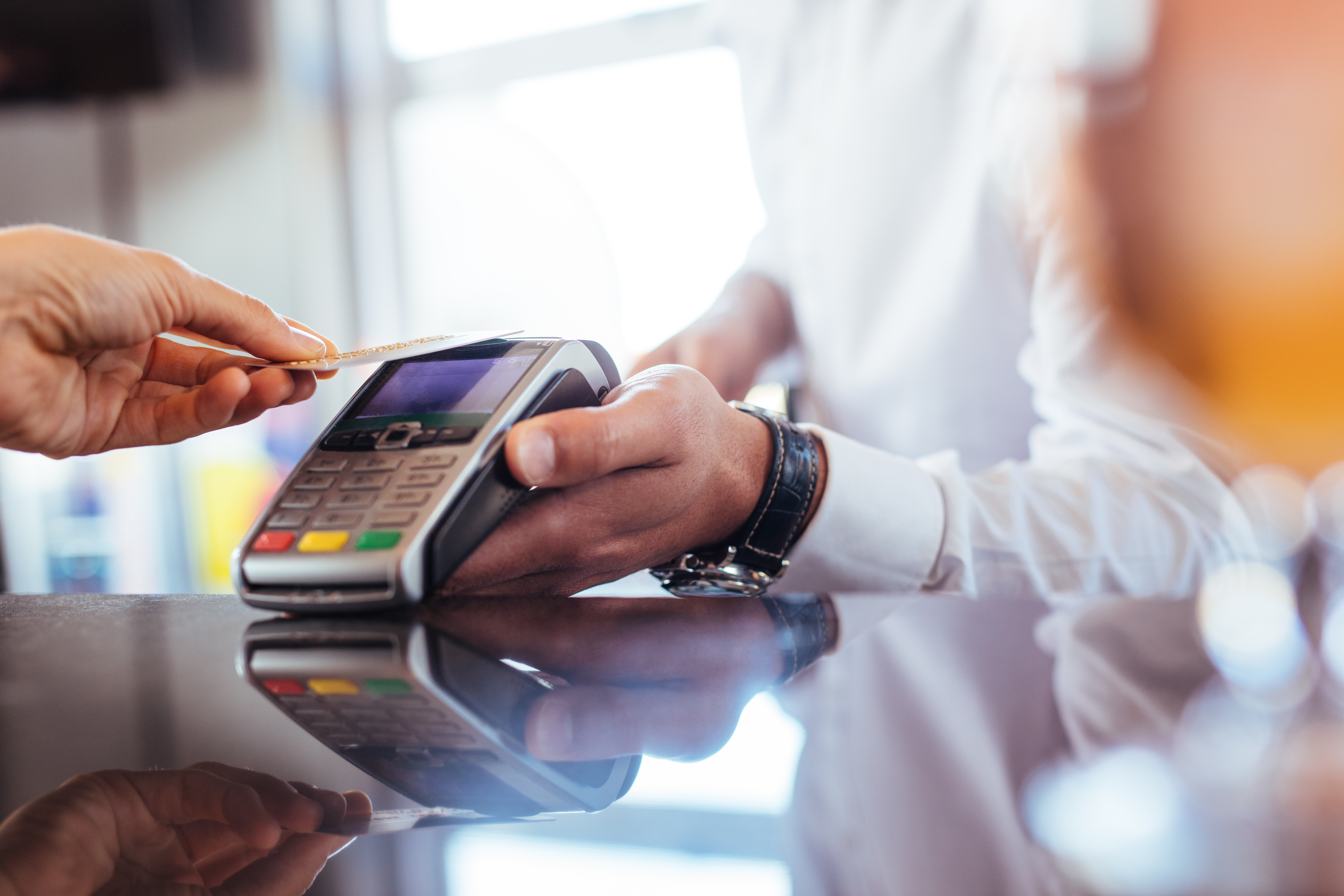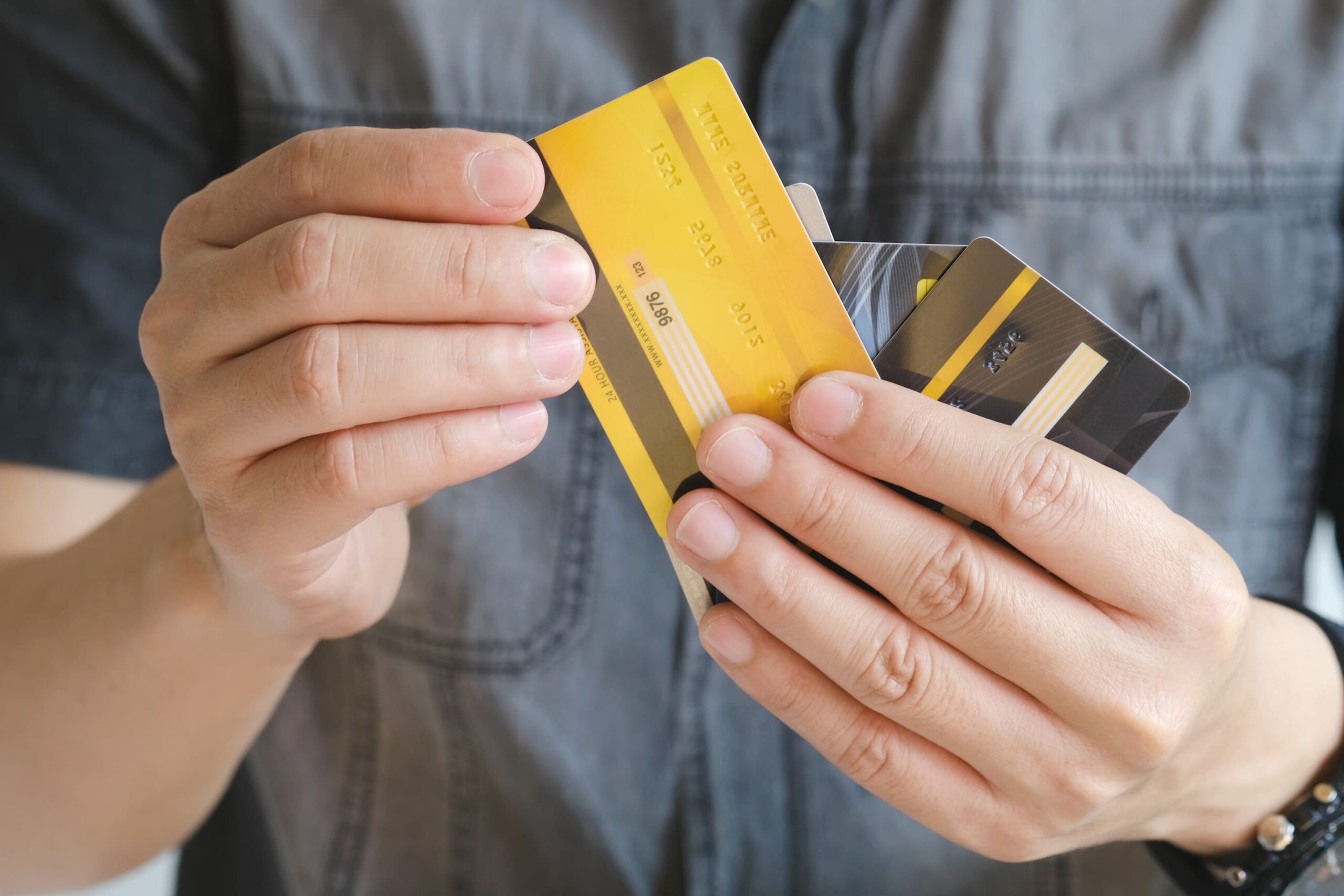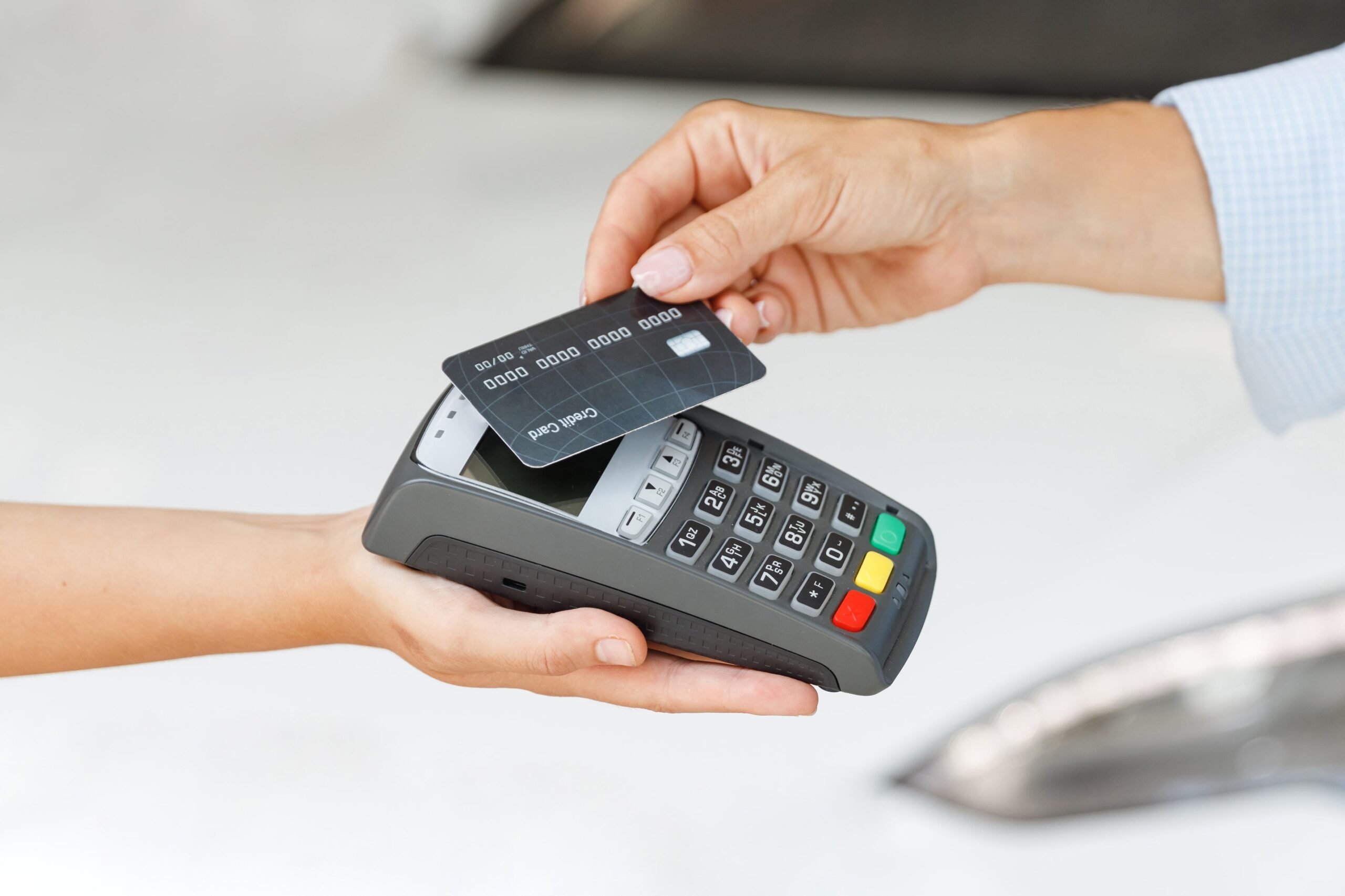Can you figure out the terms used in the credit card industry? According to the U.S. Census Bureau, there are 8 credit cards each person owns averaging a 1.5 billion of credit cards in use today in United States. And, most people who files for a bankruptcy are those who are in need of credit training. You can start your first step by getting acquainted with various terms and abbreviations used throughout the transactions in the industry.
Debit Card
It is a plastic card used that is similar to a credit card. The difference is that it has instant access to funds and withdraws money from your bank instead of borrowing it with an interest rate. It is an alternate to checks and cash.
Credit card processor
A credit card processor, also known as the third party vendor, administers all the transaction of funds from credit cards through various financial accounts. Card holders are charge for each transaction made and a rate depends on which processor used.
Chargeback
It is a procedure initiated by a cardholder or a card issuer that can only happen from various types of reasons. For example, a card owner can file for a dispute when a transaction is made without his authorization. Another example of chargeback is when a consumer returns the purchase product to the shop and a failed transaction that result to deduction of fees, or a fraud.
Secure Sockets Layer
Secure sockets layer or SSL, is the latest technology used in the credit card industry which provides protection and privacy when transmission of private data between a customer and a server through the internet. This provides your customers assurance of safety passage of information during transaction of data online.
Direct Deposit Account
Direct deposit account or DDA is a savings account set to accept payment from the credit card processor. The sales you receive from the goods sold in your shop are saved in this account.
Address verification service
Address verification service or AVS provides shop owners from potential frauds when services are offered through non-face-to-face transactions such as in an online store, a telephone order and a mail order. AVS verifies that it is safe for you to do the transaction after the customer’s identification is certified.
Card validation code 2 and card verification value 2
Card validation code 2 or MasterCard’s CVC2 and card verification value 2 or Visa’s CVV2 are both mechanisms used to prevent fraud. It is developed by the MasterCard and the Visa respectively. The code refers to the three digits found at the back of the plastic card. It helps the merchant owners identify legitimate customers.
Business-to-business Commerce
Business-to-business commerce or B2B refers to deals conducted between a company and another business company. On the contrary, business-to-consumer commerce refers to deals conducted between a company and an individual consumer.
These are the terms you might encounter in the credit card industry. Whether you are a consumer or a businessman give yourself time to appreciate the industry you are connected with to help safeguard your investments.






